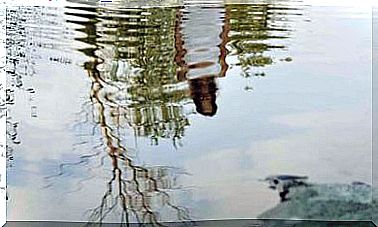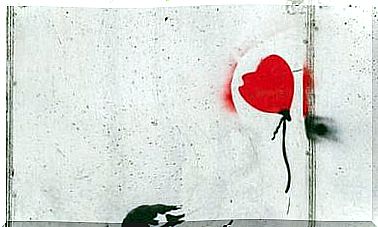Vegan Soul, Living Without Harm
The author of “In defense of animals” and advisor to the Dalai Lama, Matthieu Ricard, assures that we are blind to the suffering we cause to animals

Some are born with natural tendencies for compassion. From their earliest childhood they show signs of spontaneous benevolence towards those around them, including animals. It was not my case.
Awareness
From a Breton family, I went fishing until I was fourteen years old. At that age, a friend quickly commented to me: “How? So you fish?” His voice and his gaze, both surprised and disapproving, were eloquent enough. “So you fish?”
Suddenly the scene seemed very different to me: the fish torn from its vital element by an iron hook that pierces its mouth, suffocating in the air as we drowned in water. How had I managed to separate my thoughts from this reality, from these sufferings for so long? I immediately gave up fishing, with a heavy heart. For me it was a first click.
The way of love and compassion
At the age of twenty I had the great opportunity to meet Tibetan spiritual masters who have since inspired my existence. His teaching was centered on the royal way of love and universal compassion.
The teaching of my Tibetan spiritual teachers focused on the royal way of love and universal compassion.
Although for a long time I did not know how to put myself in the place of the other, studying with those teachers little by little I learned altruistic love, opening, in the best way I could, my mind and heart to the destiny of others. I have been trained in compassion and have thought a lot about the human condition and that of animals.
Conditioned by culture
It is very difficult to associate the most common objects and consumer products, including foods and remedies that sometimes save our lives, with the animal suffering that their production entails in many cases.
Some societies have developed collective thinking schemes that incite us to consider that all animals are there only to serve humans. Other traditions have long considered that every being, human or non-human, should be respected.
Expand the base of altruism
No one doubts that there are so many suffering among human beings in the world that we could spend our entire lives trying to alleviate them, even if it was only a tiny amount. Even so, worrying about the fate of the 1.6 million other species that populate the planet is neither unrealistic nor out of place, since, most of the time, it is not necessary to choose between the well-being of humans and that of animals.
Extend benevolence
We live in an essentially interdependent world, where the fate of each being, whatever it may be, is intimately linked to that of others. It is not a question, then, of taking care of more than the animals, but of taking care of the animals as well. Nor is it about humanizing animals or animalizing human beings, but about extending our benevolence to both.
Stop this madness
Every year 60 billion land animals and one trillion marine animals are killed for our consumption. Furthermore, these mass killings and the excessive consumption of meat in rich countries are global insanity: they feed world hunger, increase ecological imbalances and are harmful to human health.
The impact of our way of life is considerable: 30% of animal species will have disappeared by 2050
Lack of respect for animals also leads to killing and making a large number of them suffer, used in animal experiments, in the trafficking of wild animals, hunting and sport fishing, bullfights, the circus and other forms of instrumentalization .
On the other hand, the impact of our way of living in the biosphere is considerable: at the current rate, 30% of all animal species will have disappeared from the planet by 2050.
Ignorance and double standards
We maintain a form of moral schizophrenia that pushes us to take great care of our companion animals while putting the fork in the millions of pigs that are sent to the slaughterhouse, although they are no less conscious or pain-sensitive and intelligent than our dogs or cats
The suffering is the same
There is no “magic moment” that allows us to attribute to ourselves a fundamentally different nature from the many hominid species that have preceded us. Nothing justifies the right of supremacy over animals. The most striking common ground between human and animal is the ability to experience suffering.
Without any justification
Why are we still blind, at the beginning of this 21st century, to the immeasurable pain we cause them, knowing that a large part of the suffering we inflict on them is neither necessary nor inevitable? Furthermore, there is no moral justification for unnecessarily imposing suffering and death on anyone.









